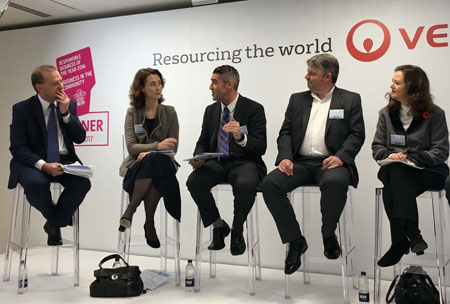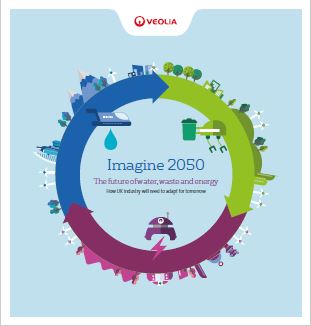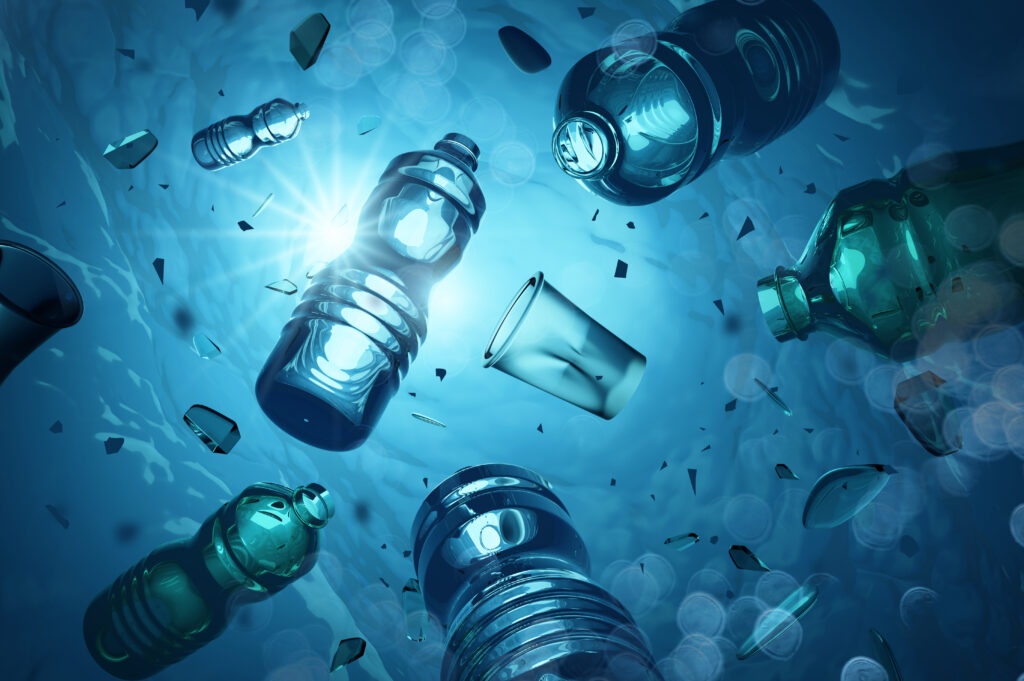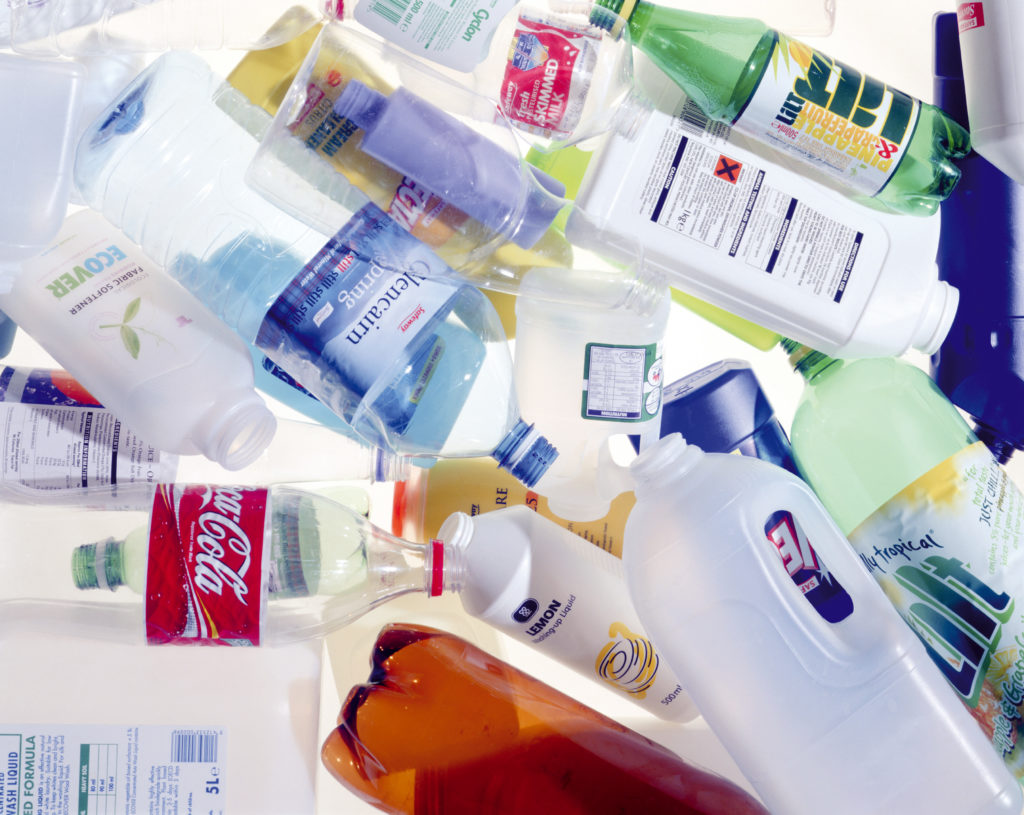The study for the resource management company spells out how the manufacturing, pharmaceutical/chemical and food/beverage sectors annually “generate a waste mine of around 13 million tonnes which if properly re-used, recycled or re-manufactured could generate £4 billion of value that is currently hidden.”

And, Veolia’s report highlights the wide range of challenges including population growth, pressure to reduce carbon emissions and utilising technology advances which will shape resource use in these three sectors.
Launching the document at an event in London, Estelle Brachlianoff, senior executive vice-president, Veolia UK and Ireland, said that while the study referred to the need to secure resources in the future, “much is happening here now, already. We are investing in research and development, working with our customers in a partnership.”
Scarcity
She cited examples of where resource gains had been made including creating bioplastics from organics, recovering platinum from waste medicines and generating energy from waste in an AD process from waste ice cream material. “It’s investment, it creates jobs and it is good for communities and it helps tackle the problem of scarcity that the planet faces.”

The study explains how “business models and operations can be re-engineered and redesigned by 2050 so that products and manufacturing processes are completed by closing the loop”. And it also reasons that by generating energy from renewable sources and no longer treating water as a “cheap commodity, but a valuable resource”, businesses will become more self-sufficient.
Mrs Brachlianoff, said: “The £4 billion hidden value of unutilised resources in these industrial sectors is not something we can ignore. Realising this value has a double windfall – it helps businesses manage their resources more efficiently, and generates new revenue streams.
“Adopting the innovative business models outlined in Imagine 2050 needs to happen now. Long-term planning, minimising waste and more effectively using water, energy and raw materials will help us meet the changing needs of a growing population in a sustainable way. This is at the heart of the circular economy and in Veolia’s DNA.”
‘Happening now’
Mrs Brachlianoff went on to emphasise at the launch of the report that while the study referred to 2050, “much is happening here now, already. We are investing in research and development, working with our customers in a partnership.”
The concept of reusing resources was endorsed by other speakers at the launch including Ravi Krishnamoorthi, senior European vice president digital & application services at Fujitsu. He spoke of how with a range of products “97/98% of what we do is recycling, putting materials back into the circular economy”.
Professor Steve Evans, director of research in industrial sustainability at Cambridge University, said that he considered that businesses could build on the £4 billion worth of savings through resource uses, by addng a further £6 billion of savings by “just being more efficient”. He urged businesses to learn from one another.
And, on the topic of partnership, Dr Linda Hilton, a chemist and innovation process consultant, remarked that: “We’re likely to see greater collaboration between these specialist businesses and also with outside partners. Brands like Google are already moving into this space.”
Rings
On display at the launch event were what were described as “a unique pair of platinum rings” with an estimated retail value of around £1,200. Veolia explained that these have been made entirely from the precious metal recovered from obsolete pharmaceuticals.
The recycled jewellery, each weighing around 4.5g, is 100% pure platinum and was ‘mined’ by Veolia working in partnership with pharmaceutical company, Accord Healthcare. Uusally the high-quality recovered platinum is reprocessed into new drugs.
Kevin Hurst, chief operating officer – industrial customers, Veolia UK said: “This work really shows that we need to look at all waste materials to see what hidden value we can extract. This innovative collection of tiny amounts of platinum has now enabled us to create something that is unique. As mining has a significant impact on the environment, recovery techniques that maximise reuse make sound economic-sense in the highly volatile metals market. It also lowers emissions as each gramme of recovered platinum saves 14kg of CO2 compared to extracting ore.”








Subscribe for free